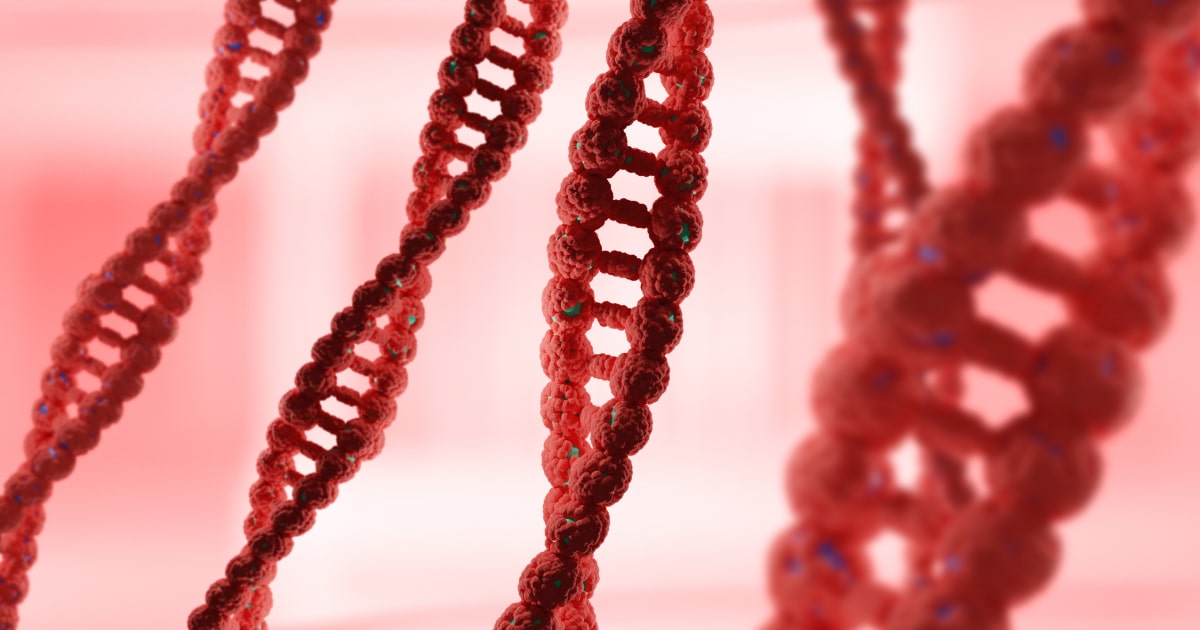
Expert Reviewed By: Dr. Brandon Colby MD
Understanding Joubert Syndrome 12
Joubert Syndrome 12 (JS12) is a rare genetic disorder characterized by a range of neurological and developmental symptoms. It is a subtype of Joubert Syndrome (JS), which affects the cerebellum and brainstem, leading to impaired coordination, abnormal eye movements, and breathing difficulties. JS12 is caused by mutations in specific genes, such as TMEM67, CEP290, SUFU, and RPGRIP1L, which play crucial roles in the development and function of cilia, hair-like structures present on the surface of cells.
Recent studies have shed light on the genetic basis of JS12 and its associated symptoms. In a molecular genetic analysis of 30 families with JS, causative mutations were identified in 25 families, with TMEM67 and CEP290 being the most commonly mutated genes. Another study found that heterozygous truncating or splice-site SUFU variants cause a novel neurodevelopmental syndrome encompassing congenital ocular motor apraxia and mild JS. Furthermore, a report on 17 JS cases in children from a single center in China emphasized the importance of renal involvement in JS, with RPGRIP1L gene mutation possibly being the most common gene mutation in JS and correlated with renal involvement.
Diagnosing Joubert Syndrome 12
Diagnosing JS12 involves a combination of clinical examination, imaging studies, and genetic testing. Neurologists and other specialists assess the patient's symptoms, such as developmental delays, abnormal eye movements, and breathing difficulties. Imaging studies, such as magnetic resonance imaging (MRI), can reveal the characteristic "molar tooth sign" in the brainstem and cerebellum, which is a hallmark of JS.
Genetic testing is essential for confirming the diagnosis of JS12 and differentiating it from other subtypes of JS. It involves analyzing the patient's DNA to identify mutations in genes associated with JS12, such as TMEM67, CEP290, SUFU, and RPGRIP1L.
The Role of Genetic Testing in Joubert Syndrome 12
Genetic testing plays a crucial role in the diagnosis and management of JS12. It can help:
- Confirm the diagnosis: Identifying the specific gene mutations associated with JS12 can confirm the diagnosis and differentiate it from other subtypes of JS and related disorders.
- Guide treatment and management: Knowing the specific gene mutation can help healthcare providers develop a tailored treatment plan for the patient, addressing their unique symptoms and needs.
- Assess the risk of recurrence: Genetic testing can inform parents about the risk of having another child with JS12 and guide family planning decisions.
- Enable early intervention: Identifying gene mutations in newborns or young children can enable early intervention, which may improve outcomes and quality of life for individuals with JS12.
Advancements in Research and Genetic Testing
Advancements in genetic research and testing have improved our understanding of JS12 and its underlying genetic causes. For example, zebrafish models for the ciliopathy Joubert Syndrome have provided valuable insights into the pathomechanism of the disease, suggesting tissue-specific roles for proteins implicated in JS12. These models have also helped identify potential therapeutic targets for the disorder.
As genetic testing technologies continue to improve, researchers and clinicians will be better equipped to diagnose, manage, and eventually develop targeted treatments for JS12 and other rare genetic disorders.
Conclusion
Understanding, diagnosing, and using genetic testing for Joubert Syndrome 12 is essential for providing the best possible care to individuals affected by this rare genetic disorder. Advances in research and genetic testing technologies hold promise for improving the lives of those with JS12 and their families.
About The Expert Reviewer
Dr. Brandon Colby MD is a US physician specializing in the personalized prevention of disease through the use of genomic technologies. He’s an expert in genetic testing, genetic analysis, and precision medicine. Dr. Colby is also the Founder of and the author of Outsmart Your Genes.
Dr. Colby holds an MD from the Mount Sinai School of Medicine, an MBA from Stanford University’s Graduate School of Business, and a degree in Genetics with Honors from the University of Michigan. He is an Affiliate Specialist of the American College of Medical Genetics and Genomics (ACMG), an Associate of the American College of Preventive Medicine (ACPM), and a member of the National Society of Genetic Counselors (NSGC)